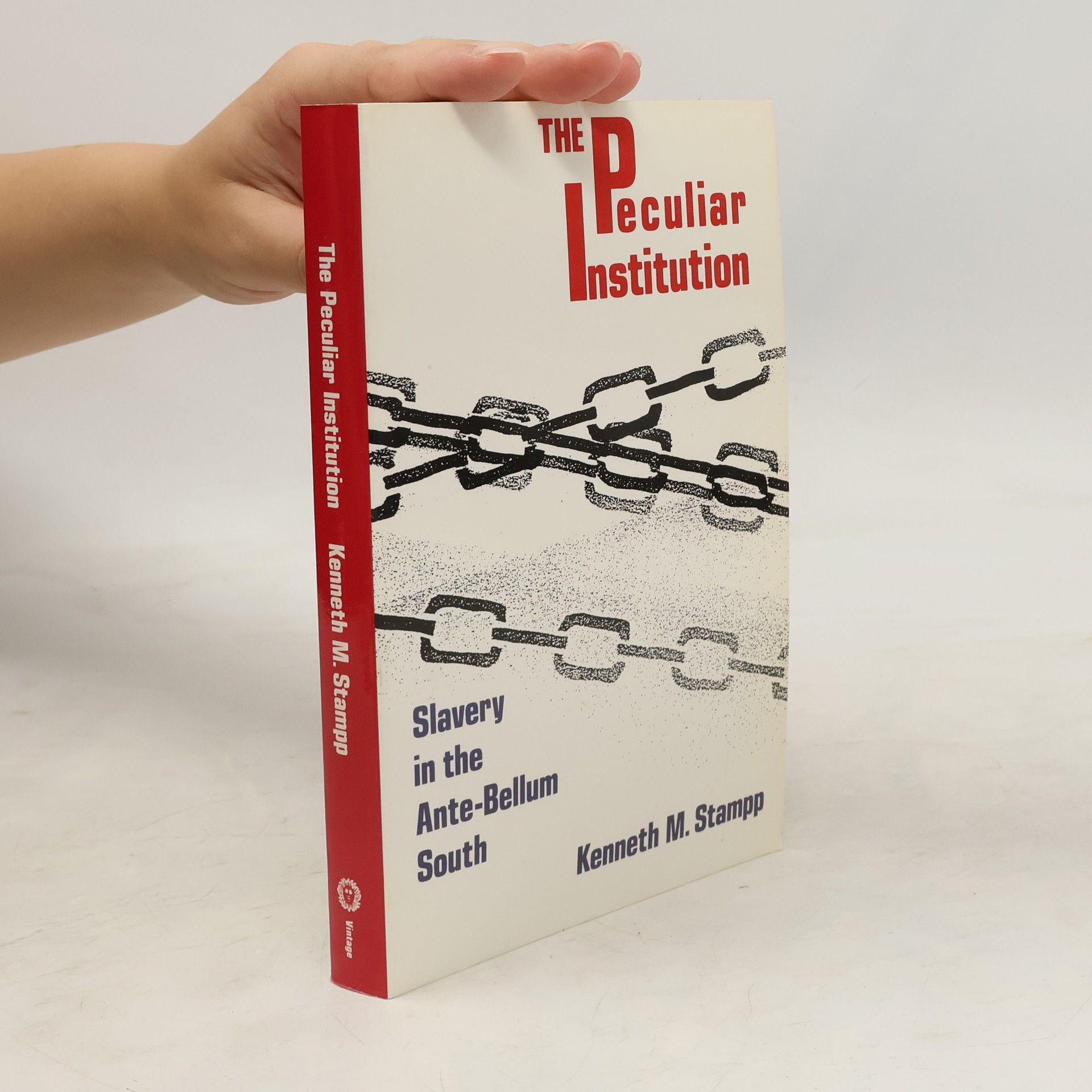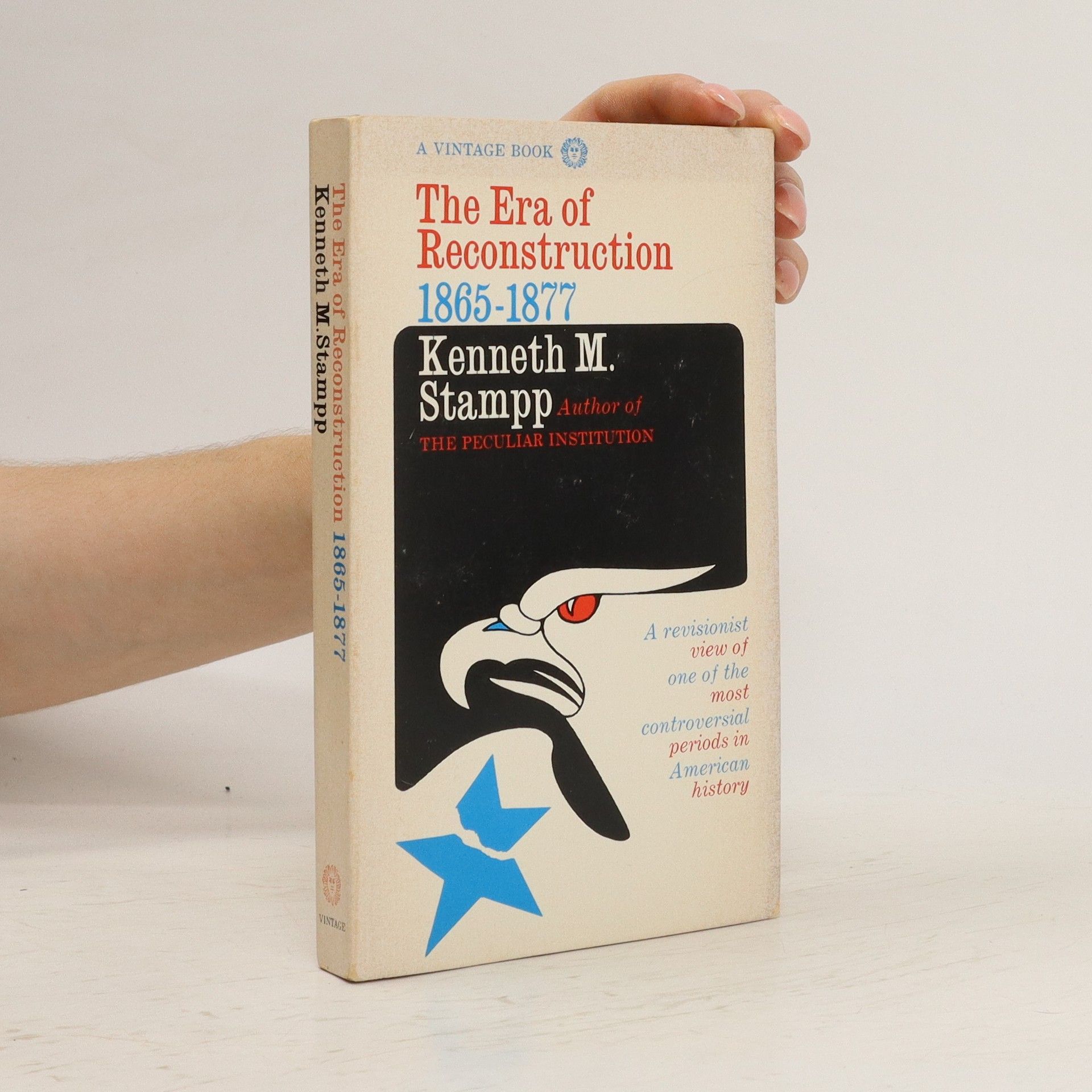The Era of Reconstruction
- 256bladzijden
- 9 uur lezen
Stampp's classic work offers a revisionist explanation for the radical failure to achieve equality for blacks, and of the effect that Conservative rule had on the subsequent development of the South. Refuting former schools of thought, Stampp challenges the notions that slavery was somehow just a benign aspect of Southern culture, and how the failures during the reconstruction period created a ripple effect that is still seen today. Praise for The Era of Reconstruction :“ . . . This “brief political history of reconstruction” by a well-known Civil War authority is a thoughtful and detailed study of the reconstruction era and the distorted legends still clinging to it.”— Kirkus Reviews “It is to be hoped that this work reaches a large audience, especially among people of influence, and will thus help to dispel some of the myths about Reconstructions that hamper efforts in the civil rights field to this day.”—Albert Castel, Western Michigan University

